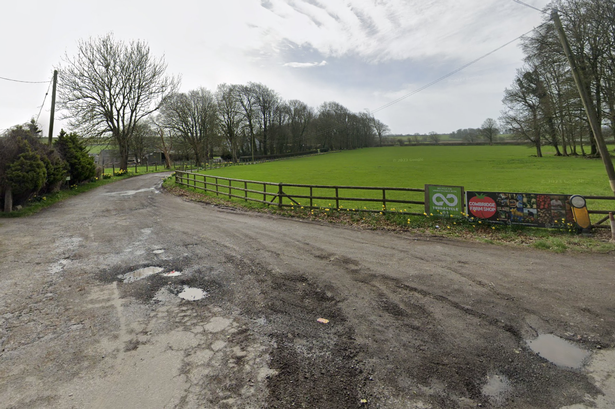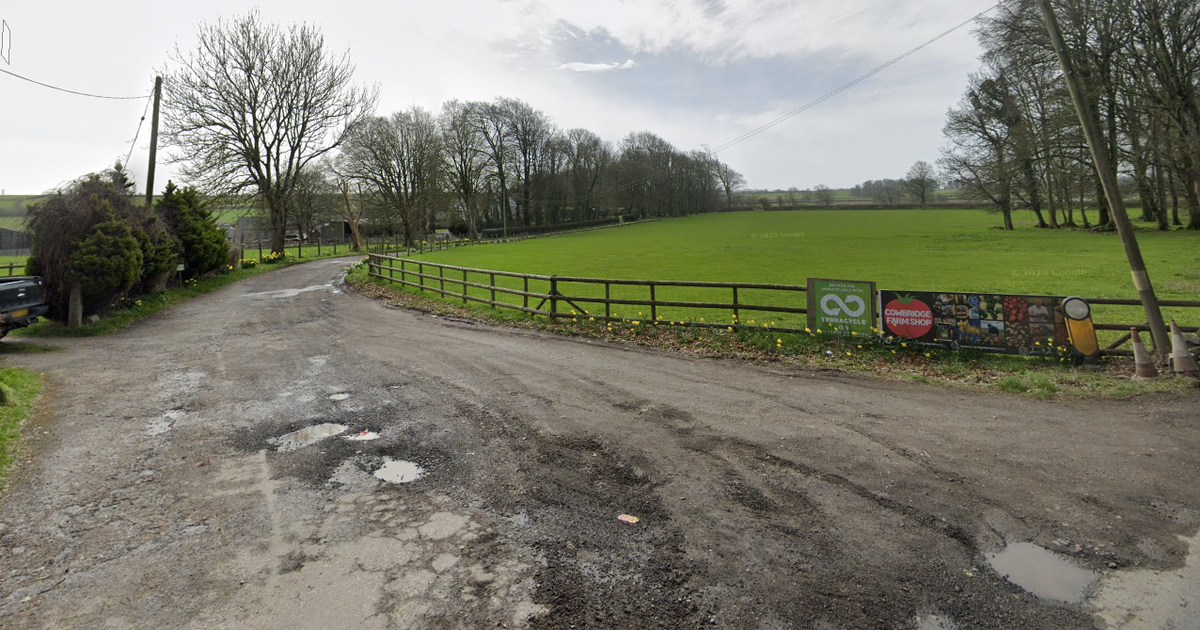A total of 89 confirmed cases were linked to the outbreak at a farm in the Vale of Glamorgan The farm in the Vale(Image: Marlborough Grange Farm)
The farm in the Vale(Image: Marlborough Grange Farm)
An infection outbreak associated with a farm shop, which saw a total of 89 confirmed cases in Vale of Glamorgan, has been officially declared over. Public Health Wales confirmed that the cryptosporidium outbreak associated with Cowbridge Farm Shop at Marlborough Grange Farm in Crossways near Cowbridge has now come to an end.
The NHS body said a total of 89 confirmed cases were linked to the outbreak, but there had been no new cases identified since the last outbreak control team (OCT) meeting, which was was held on Wednesday, May 28.
Following their final meeting on Wednesday, June 18, the outbreak was considered closed. Stay informed on the latest health news by signing up to our newsletter here.
According to NHS Wales, cryptosporidium is a parasite that causes an infection called cryptosporidiosis.
It can affect people and farm animals. Cryptosporidium is found in lakes, streams and rivers, untreated drinking water and sometimes in swimming pools.
Public Health Wales said that although the outbreak has ended they are still encouraging people to practice good hygiene, such as thorough handwashing with soap and water, especially after contact with animals or the natural environment.
The main symptoms of cryptosporidium infection include:
- Watery diarrhoea
- Stomach pains or cramps
- Nausea or vomiting
- Mild fever
- Loss of appetite
- Weight loss
According to Public Health Wales, the symptoms usually start between two and 10 days after exposure and can last for up to two weeks.
To help reduce the risk of infection, people visiting farms are reminded to follow the NHS’ body’s hygiene precautions, which are:
- Avoid close contact with animals – including holding, cuddling or kissing animals – this significantly increases the risk of illness.
- Always wash your hands thoroughly with soap and warm water after touching animals, footwear, clothing, bikes, scooters, prams etc. before eating or drinking. Alcohol based hand gels do not provide sufficient cleaning.
- The physical action of washing with soap and water is the most reliable way to remove the parasite from the skin.
- Supervise children closely to ensure they wash their hands properly and to avoid close contact, especially cuddling or kissing the animals.
- Do not eat or drink while touching animals or walking around the farm.
- Remove and clean footwear and wash hands after leaving the farm.
- Pregnant women should take particular care to avoid contact with newborn lambs during lambing season.
Susan Mably, consultant in health protection at Public Health Wales, said: “We would like to thank everyone affected by this outbreak for their understanding and cooperation.
“We are particularly grateful to our colleagues from Shared Regulatory Services, Vale of Glamorgan Council, Cardiff and Vale University Health Board and the Animal and Plant Health Agency for their expertise and partnership throughout this investigation.”
